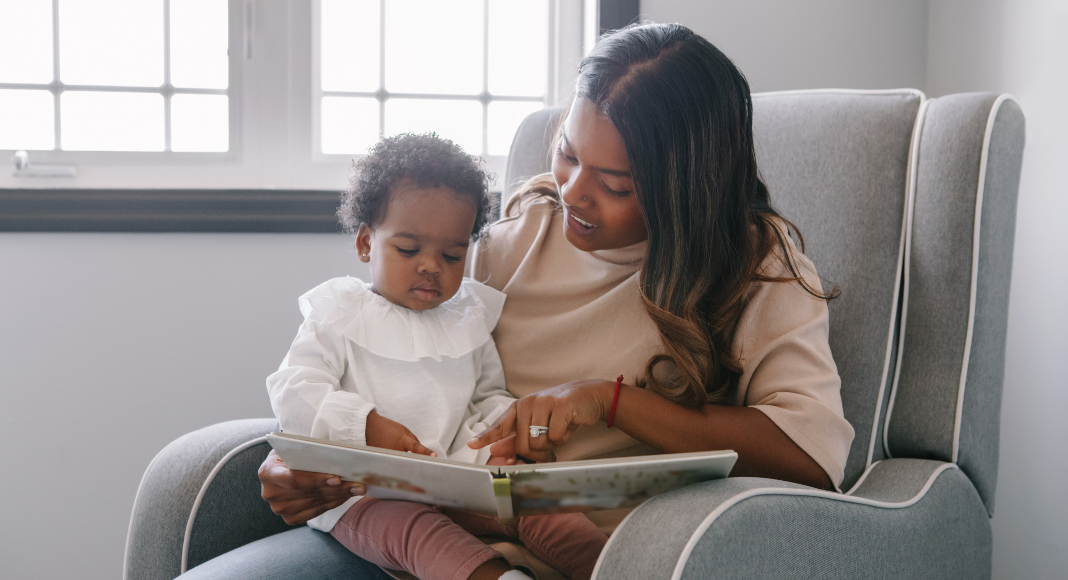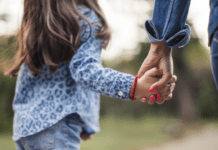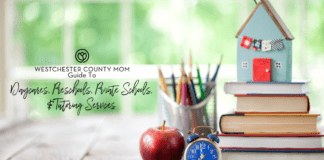 It was two years ago, January 2020. We had just found out that I was pregnant. Barely 60 minutes after the lines turned pink on the pregnancy test, I sprung into action. I reached out to the best doctors and midwives. I started interviewing doulas. I started booking hospital tours. I set up a strict meal plan for myself. And even a truly awful morning sickness didn’t stop me from joining prenatal yoga.
It was two years ago, January 2020. We had just found out that I was pregnant. Barely 60 minutes after the lines turned pink on the pregnancy test, I sprung into action. I reached out to the best doctors and midwives. I started interviewing doulas. I started booking hospital tours. I set up a strict meal plan for myself. And even a truly awful morning sickness didn’t stop me from joining prenatal yoga.
I am a planner by nature. Planning for things, making timetables, and crossing things off the lists calms my nerves. It makes me feel that I am in control of my life. And true to my nature, I meticulously planned my pregnancy by the minute.
In February, we started hearing vague news about a virus in China. And before I could make sense of what “it” was, it was already here. I remember taking the train to Manhattan when the news reported that the country’s first “hot spot” was in New Rochelle (two towns over from my home). I was terrified of stepping into the train that would make a stop at the “hot spot center” in the next five minutes. Within a week, New York City was in lockdown. Businesses were closed, streets were abandoned, and the Big Apple went eerily quiet – it was like nothing we’ve witnessed before. It felt like a scene from an apocalyptic doomsday movie.
The fear was real. No one knew what “this” was. My obstetrician told me to skip my regular prenatal appointment. Should I wear a mask? Can I go out for a walk? What about my daily exercise? What about prenatal yoga? What about childbirth education classes? “Just focus on not getting infected,” she said.
Within two weeks, I went from eating all organic fresh food, getting daily exercise, and rocking prenatal yoga to locking myself at home, eating canned food, and lathering hand sanitizer all over myself. So much for all the planning!
The rest of the pregnancy is still a haze that I haven’t entirely processed yet. As the infection spread like wildfire through New York City, fear gave way to dismay. There was news of death all around, and I struggled to connect with the thought that there was life growing inside of me. I had frequent nightmares of something happening to me (and the baby) that would keep me up at night. I prayed every day. I prayed for peace and hoped that everything was going to be okay.
First, we canceled the “babymoon” we had planned. Then my baby shower. I stopped seeing my friends for fear of catching something. But what truly broke my heart was canceling my parent’s visit from India.
Mine was a high-risk pregnancy and needed induction before my due date. I have never liked the idea of being in a hospital for something so auspicious, natural, and celebratory as the birth of a child. In COVID times, hospitals were even more glum, dark, haunted, and scary. There were pictures in newspapers of trucks pulled up outside hospitals that served as makeshift mortuaries because every hospital in New York was overwhelmed. There was a COVID ward for babies. Mothers were isolated from their babies right after birth if they tested positive.
Thankfully, my husband was allowed in the labor room with me. And even though I spent upwards of 37 hours in the labor room with a mask on my face, my misery didn’t compare to the women who had to birth their babies alone. And the people who had to leave this world after being infected by COVID all alone.
“Matrescence” is a term coined by the anthropologist Dana Raphael to convey the fundamental and profound shift in life on a psychological, physical, personal, and social level that happens when a woman becomes a mother. It’s often compared to adolescence, as both are drastic hormonal changes that lead to an upheaval in how a person feels emotionally and fits into the world.
It takes a village, they say. To help a woman settle into the new roles of motherhood. To help her navigate the emotional rollercoaster of the “fourth trimester” and struggles of losing her sense of self while living in survival mode for months on end. I had imagined my mom and sister holding my hand and ushering me into motherhood. I counted on the wisdom of elders to guide me, support me and witness my metamorphosis into a mother. I expected to share the joys and hardships of motherhood by communing with other moms.
My passage into motherhood was very different from the one I had imagined. Not only did I lack the village (which, unfortunately, many in America do), I lived in a social vacuum. None of my family (or my husband’s family) could be with us due to the travel restrictions from COVID. I sat alone day after day with my baby as I struggled with breastfeeding, sleep, and fatigue.
In the absence of family, friends, or any local groups, I turned to Facebook groups, Reddit channels, and blogs to find answers. And if you are a sleep-deprived mom yanked into an open-eye fog by your screaming baby at 3 a.m., those are not the right kind of places for you. I developed anxiety as I questioned anything and everything I did in those early months.
It wasn’t the hardships of motherhood and postpartum that got me down. It was having to do it without anyone around. The isolation, loneliness, fatigue mixed in with the fear of catching COVID (and passing it to my newborn) made it hard for me to function.
Yet, I was grateful. I still am. In a once-in-a-lifetime event like the pandemic where millions lost their lives and livelihoods, I was fortunate to be healthy, financially stable, and with a husband who supported me every day. My baby was still loved, protected, and cared for in a cruel and unfair world. But as a mama, my heart ached for all the memories never made.
Every time my baby met a new milestone, I experienced the grief of all his grandparents not being around to witness it in-person. I missed the memories of my mom holding my newborn baby. I missed watching my baby play with his cousins. I missed watching my sister smile at the person I have become. I missed the warm and cozy chaos of having my family around to hold and pamper my baby.
This past year has been an exercise in balancing caution and bravery as I try to construct somewhat of a normal life for my son and keep him from getting sick with something we don’t know a lot about. In a world where masks hide smiles, physical proximity barriered by the prescribed 6-feet of social distance, and limited, restricted social interactions, children are learning behaviors quietly.
What will this prolonged collective stress of pandemic do to my son? How will it affect his language and social development? Will my chronic anxiety affect my parenting choices?
As we battle the third wave, travel restrictions, and new variants of Coronavirus, meeting my family who live on the other side of the globe still seems far into the future. So, to console my sobbing heart, I have decided to design a family picture book for my son to look at. Not that the photos of my family will do any justice to their role in my son’s life, but at the very least, he will begin to recognize their faces and look at them frequently.
Our pediatrician tells me that children are very resilient, especially when their parents love them. When I reach for a surgical mask, my son knows that we will be going out. He excitedly hands me the hand sanitizer and Lysol wipes to pack in our diaper bag. His excitement gives me hope and assurance that he will be okay.
Sometimes it’s hard to believe we have lived In this alternate reality for two years and my transformation into a mother happened in one of the scariest periods in the history of mankind. Motherhood and pandemic have weaved intricately into my life. Yet, I can’t help but wonder, What kind of mother would I have been if there was no pandemic?
There were many identities I had imagined for myself as a mother – a first-time mom, a working mom, an immigrant mom, an Indian-Asian mom, but the one that I never imagined was “the pandemic mom.”




















